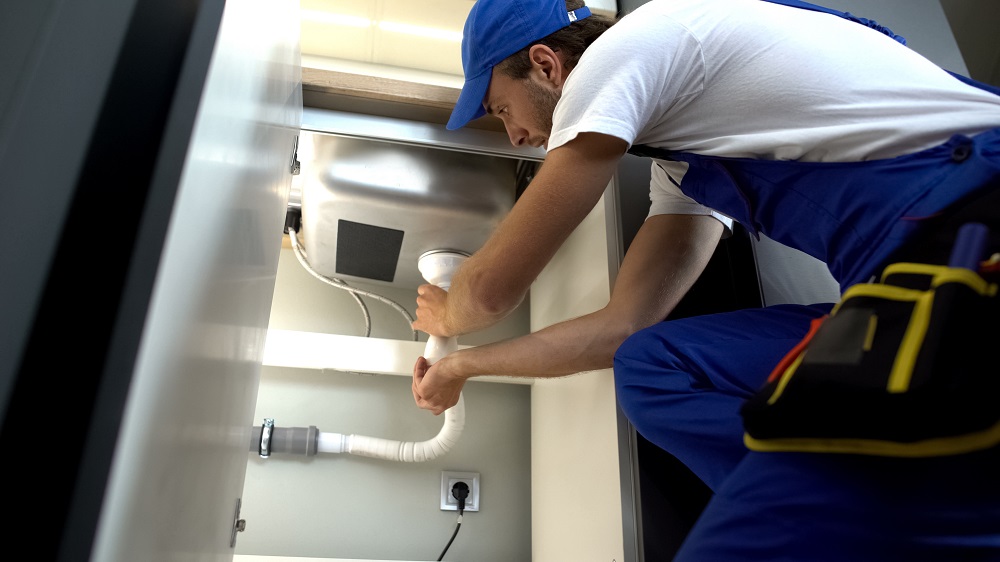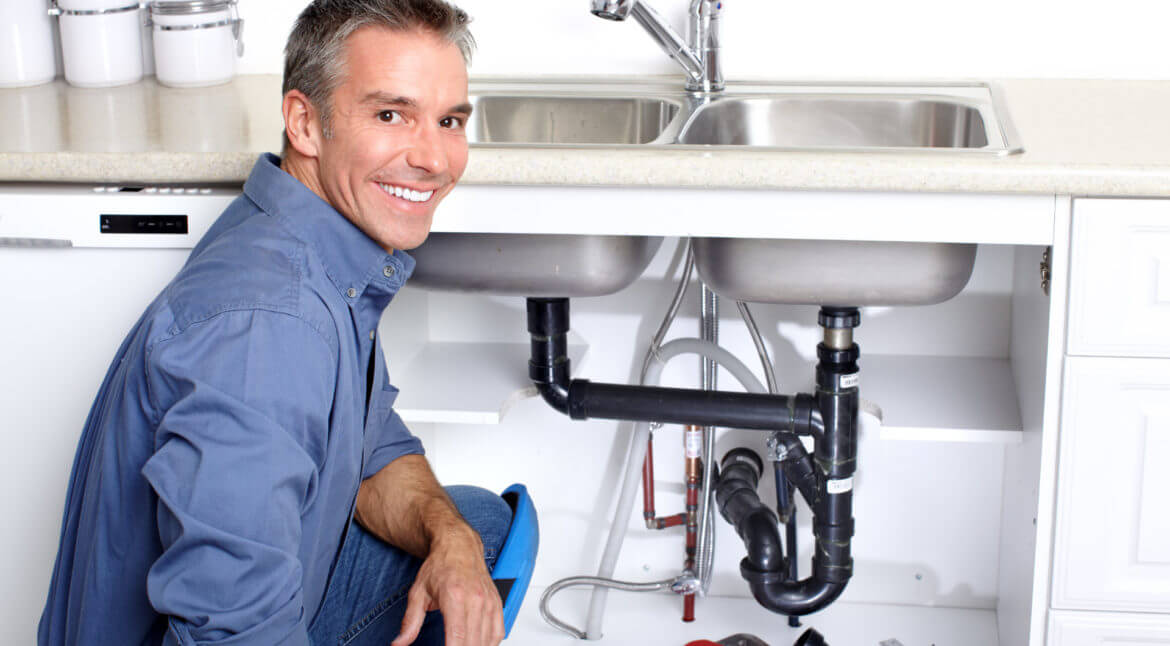Important Advice for Urgent Issues: What to Do Until Assistance Arrives
Important Advice for Urgent Issues: What to Do Until Assistance Arrives
Blog Article
The author is making several good pointers on Plumbing Emergencies: Tips on What To Do Before overall in the article on the next paragraphs.

Pipes emergencies can strike at any moment, creating tension and possible damage to your home. Whether it's a burst pipeline, a clogged up drain, or a leaking tap, knowing exactly how to take care of the situation up until an expert plumbing professional gets here can save you from further issues. This write-up provides vital emergency situation pipes tips to help you alleviate damages and reclaim control during a plumbing dilemma.
Shut off the Water
The first step in any plumbing emergency is to turn off the water system. For local concerns, such as a leaking faucet or toilet, shut off the valve near the fixture. When it comes to a significant leakage or ruptured pipeline, situate your home's major water shut-off shutoff and transform it off immediately. Knowing the location of these valves beforehand can save important time during an emergency.
Turn off Your Water Heater
In specific emergencies, such as a burst pipe, it's a good idea to turn off your water heater. This protects against getting too hot or damages to the device when water quits flowing. Turn off the power supply to the water heater (electric or gas) and allow it cool to stay clear of possible dangers.
Briefly Stop a Burst Pipe
A burst pipeline can bring about substantial water damages in minutes. To mitigate the issue:
Call a specialist plumbing technician promptly to resolve the trouble permanently.
Have an Emergency Pipes Package
Prepare a fundamental plumbing emergency situation package to deal with minor concerns successfully. Your kit needs to consist of:
Having these devices available can make a significant distinction in your ability to take care of emergencies.
Unclog Drains Securely.
A clogged drainpipe can be a discouraging and messy issue. Right here's how to tackle it:.
If these techniques do not work, avoid utilizing excessive pressure, as it may aggravate the blockage.
Handle Overflowing Toilets.
An overruning bathroom can create immediate chaos. Here's what you should do:.
Address Little Leaks with Momentary Fixes.
Tiny leakages can rapidly become substantial issues if left unchecked. Make use of these short-term solutions up until professional aid gets here:.
While these solutions aren't long-term, they can help decrease water loss and damages.
Handle Frozen Piping Very Carefully.
In colder environments, icy pipes are an usual emergency. If you suspect an icy pipe:.
Know When to Call a Professional.
While quick fixes can aid briefly, certain pipes issues call for instant professional focus. Call a plumbing professional if:.
Promptly speaking to a professional guarantees the concern is dealt with properly and stops more problems.
Stop More Damage.
Taking quick action to decrease damages can save you time and money in the future. Below's just how:.
Conclusion.
Plumbing emergencies can be overwhelming, yet with the appropriate expertise and devices, you can take care of the circumstance successfully until help gets here. By switching off the water system, attending to little leaks, and using short-term fixes, you can minimize damages and keep your home safe. Keep in mind, these ideas are temporary services; always consult a licensed plumbing professional to manage the root cause of the trouble. Preparation and fast thinking are your ideal allies in any type of pipes emergency situation.
8 Helpful Tips for Managing Plumbing Emergencies at Home
If your plumbing system hasn’t failed once, wait for it because almost everyone has a story to tell. Sometimes, it could be simple emergencies such as a leaking pipe, a blocked cistern, or even a big burst pipe. In situations like this, you need to have some handy tips to save you some money and from possible damages.
Take care of minor issues early.
Sometimes, you could have avoided an emergency by taking proactive measures while it was still early. Some major plumbing emergencies can be a result of an ignored minor issue. We recommend that you have items like plumbing tapes and other related items. A plumbing tape can allow you to manage minor leaks before the plumber arrives.
Cut off the water supply.
This tip is essential in almost any type of leakage problem. For problems like minor leakages in the toilet or kitchen, turn off the supply that takes water to the affected pipes. If the leakage is a major pipe, you must shut off the supply valve to the entire building. This will help you avoid flooding your home and neighbors if you share a flat.
Know your plumbing system
Folks typically move into a new apartment without understanding the water supply around the building. This can prove disastrous if a water emergency arises and the plumber is far away. The previous tip will prove useless if you don’t practice this one. More importantly, know where your water shut-off valve is located – you’ll need that knowledge to prevent potential home floods.
Have some common handy tools
There are lots of plumbing emergencies that you can handle without hiring a plumber. That’s why you must keep some tools available always. Some tools that you can use to fix simple plumbing emergencies easily include plumbing tapes, screwdrivers, thread seal tapes, plungers, pliers, tape measures, and rubber gloves.
Insulate your pipes from cold
You’ll save yourself from many plumbing expenses if you protect your water pipes from the cold. This is because of the harmful effects that cold weather can have on your pipes. During winter, your pipes can burst from being overly expected to freezing temperatures. So, make sure insulators are there to keep the pipes working correctly.
Avoid practices that will clog your toilet.
Many people indulge in practices that can damage the plumbing system of the entire building. One of these is when they use their toilet to dispose-off garbage. They flush all kinds of things, such as paper towels, bandages, hairs, female sanitary products, etc., down the toilet. This will block your toilet in the long run, incurring unnecessary expenditures. Dump such waste in the trash instead.
Check your dials regularly.
Sometimes, there could be leakages in your home without noticing them in time. So, constantly monitor your water meter dial. If the dial is reading when there is nobody using water, this is an indicator that there is leaking. Check for leaks immediately. Call a plumber as soon as possible if you can’t find any.
https://www.constructionplacements.com/8-helpful-tips-for-managing-plumbing-emergencies-at-home/

I'm certainly very excited about Expert Tips for Emergency Plumbing Repairs and I really hope you appreciated our blog posting. Sharing is nice. You never know, you may very well be helping someone out. Thanks for going through it.
Visit My Website Report this page